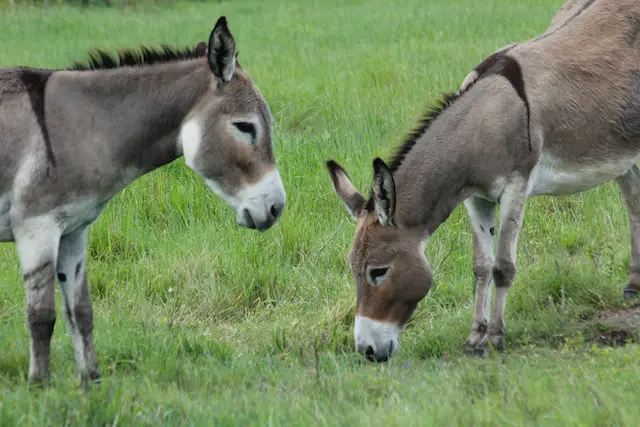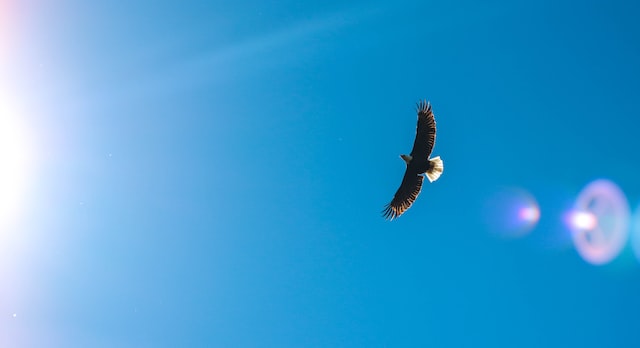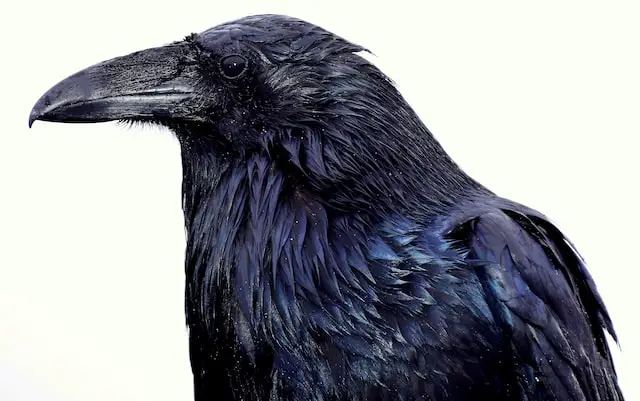God and animals—a relationship we all know about. There are a great deal of people who do not accept the account that recounts Jonah being eaten by a fish. Despite this, there are stories of a similar occurrence occurring with other persons. From a humanistic perspective, the story’s most “astounding” part is that God talked to the fish, and “…it vomited out Jonah upon the dry land.”
With this tale and many others, we can deduce that God communicates to animals since he uses them often to perform miracles, teach lessons, and accomplish feats that wouldn’t go well if God didn’t express to his animal creations what he wanted to do.
Let’s look at some examples of God communicating to animals to do his bidding on Earth and proclaim His majesty.
Jonah and the Whale

God sends Jonah, son of Amittai, on an odyssey when He tells him to journey to the enormous capital of Nineveh and proclaim penance to the citizens there.
But Jonah disputes God’s claims. Since Nineveh was the seat of the Assyrian Empire, an enemy of Israel, he doesn’t feel the Ninevites deserve redemption. They were also a highly terrible metropolis throughout this historical period.
In defiance of God’s command, Jonah heads the opposite way towards the Israeli port city of Joppa, where he hops on a vessel headed for the distant city of Tarshish.
During his voyage, a massive thunderstorm jeopardizes the safety ship. The mariners pray to their deities, but they finally learn that Jonah is to blame for the tempest. As a last resort, a despondent Jonah urges the crew to throw him off into the water.
After some apparent hesitation, they finally give in. The sailors later throw Jonah out into the raging waters out of desperation. The waves suddenly stop, and the water is tranquil.
Jonah was saved from death when God sent a large fish (sometimes described as a whale) to swallow him:
“Now the Lord provided a huge fish to swallow Jonah, and Jonah was in the belly of the fish three days and three nights.” (Jonah 1:17)
Jonah sought God’s help for deliverance when he was in the whale’s stomach. He also admitted his sins and thanked God for his forgiveness. He said:
“I said, ‘I have been banished
from your sight;
yet I will look again
toward your holy temple.’” (Jonah 2:4)
That’s what tends to happen to believers who forsake God or reject Him; they’re cast out of His presence. It also shows Jonah’s repentance for disobeying God and his willingness to be submissive to the Lord.
Finally, God commanded the large fish to release Jonah on the beaches of Nineveh. Jonah then goes to Nineveh to persuade people that they must repent, or their land will be decimated in 40 days. As soon as he hears Jonah’s message, the king of Nineveh puts on ashes and sackcloth and orders his people to follow suit. Similar to the leader, they express repentance to God.
“When God saw what they did and how they turned from their evil ways, he relented and did not bring on them the destruction he had threatened.” (Jonah 3:10)
Balaam’s Donkey (Numbers 22:22-40)

The few lines inside the Book of Numbers that refer to a talking donkey are interwoven within a lengthy series of events depicted in the book that includes a seer called Balaam. Even before the Israelites could reach the Promised Land, the heathen king of Moab had the seer called in to invoke a curse upon them.
The biblical story of this very rare phenomenon describes how an angel and a beast collaborated to bring God’s message to humanity.
As Balaam rode his donkey to serve his curses, the animal noticed an angel in the road and refused to proceed. This occurred thrice, but every time, Balaam, blind to the angel’s presence, struck the donkey for being stubborn and refusing to move forward.
“Then the Lord opened the donkey’s mouth, and it said to Balaam, “What have I done to you to make you beat me these three times?” (Numbers 22:28)
The donkey was trying to tell Balaam that something awful was about to happen, and because she had always been a reliable worker, he should’ve just listened to her. Instead of listening to the heads-up, Balaam faced an angry angel and the angel’s blade.
Balaam should have cursed Israel, but the angel intervened and changed the condemnation into a benediction.
The Eagle of Revelation

“As I watched, I heard an eagle that was flying in midair call out in a loud voice: “Woe! Woe! Woe to the inhabitants of the earth, because of the trumpet blasts about to be sounded by the other three angels!” (Revelation 8:13)
The lone phrase in Revelation depicting an eagle soaring across the sky while wailing, “Woe! Woe! Woe!” may be easily overlooked. Still, this is a major event in the Scripture. Here, the most magnificent bird in the natural world proclaims the need for repentance until God destroys the universe’s evil.
It’s a vital message. As the people who live herein, we should pay attention when we receive that cry. Don’t forget that it’s an image of the future.
Was this eagle a genuine bird or an angel? He may be an angel, much like the snake in Eden, or he could be a benevolent angel or the voice of God seizing control of a powerful bird of creation.
In this, the last hour of human history, he urges all of humankind to awaken and search for forgiveness. There is very little time left.
Elijah and the Ravens

The prophet Elijah of the Scripture is the focus of this particular Bible tale. Ahab was a particularly heinous king of Israel during the era. For all of Ahab’s wicked actions, Elijah had some disturbing news for him:
“As the Lord, the God of Israel, lives, whom I serve, there will be neither dew nor rain in the next few years except at my word.” (1 Kings 17:1)
Immediately after uttering those pronouncements of the divine ruling, Elijah became King Ahab’s number one hater. So Elijah did what God told him and ducked and ran.
To avoid the furious royals, he was instructed to head to Kerith Ravine, located east of the River Jordan. God had already assured Elijah that he would be provided with food and drink (via the brook that ran through the valley) twice a day. To add a twist to the story, a “dirty” avian was tasked by God to bring Elijah’s meals.
A group of ravens provided Elijah with food twice a day. Ravens are considered to be scavengers. They prefer a steady diet of rotting, decaying flesh and often prepare a feast out of roadkill. Not to mention that a group of ravens nowadays are called an unkindness. The Jewish people were forbidden to eat them.
Try to see through the eyes of a devout Jew who had avoided all “unclean” foodstuffs for as long all his life and was probably revolted by the thought. Elijah, however, had complete faith in God and embraced His provisions without question or argument.
Elijah ate since the Lord had supplied for him to do so. Simple. If we follow the Lord’s instructions, He will provide for us.
Check out some of our other posts!







